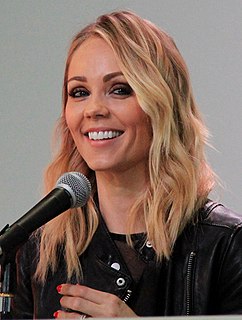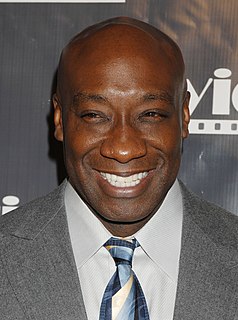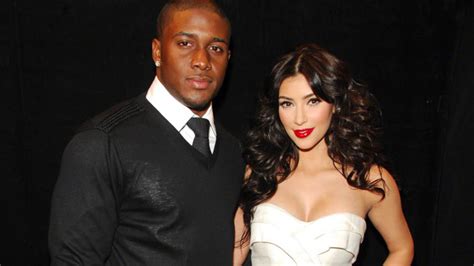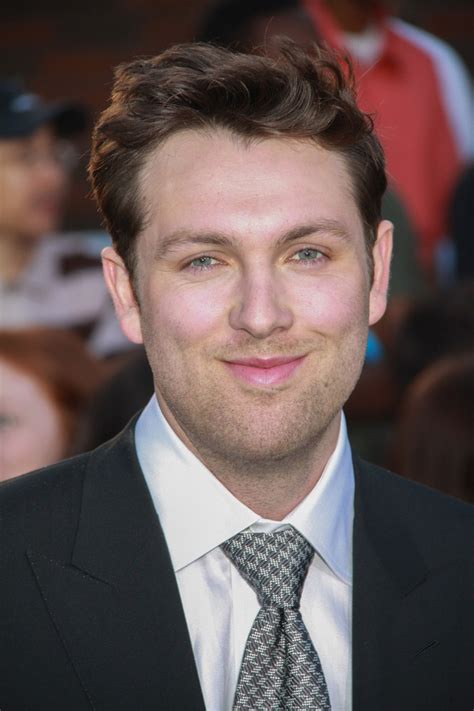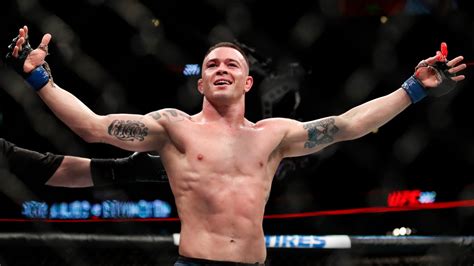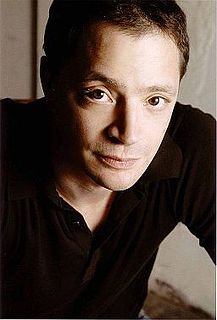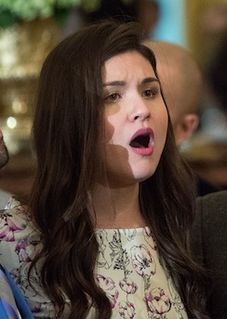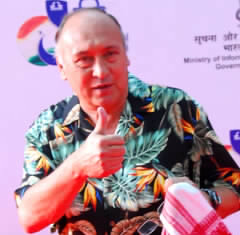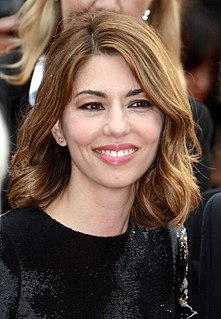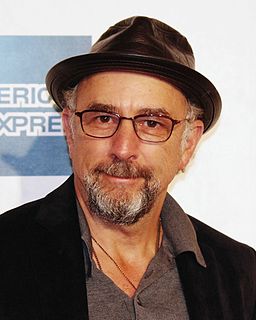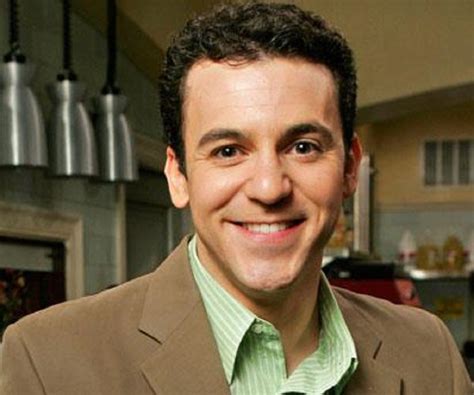A Quote by Laura Vandervoort
I didn't know [director] Aaron Woodley at all, but I knew I wanted to be a part of [ The Entitled ].
Related Quotes
When I was auditioning for Divergent, I was kind of in the dumps. I wasn't really happy with acting, and I didn't know if I wanted to do it anymore. I went on a bunch of auditions and nothing worked out. Then they said, "Hey, you got a callback for this thing, Divergent." Because I was in such a weird place in my life, I didn't look up what it was about, didn't look up the director, didn't look up that Shai Woodley was a part of it. I read the script, obviously, but I closed myself off from anything else.
The difference between me and Tyron Woodley is that Tyron Woodley fights nervous; he fights scared. He doesn't wanna get tired, so the thing with Tyron Woodley is that he doesn't know how to push the pace. He doesn't have cardio. He doesn't have heart. He has a heart, but he doesn't have heart. There's a difference.
I badly wanted to play Dr. Aziz but I knew I wasn't going to get it. I didn't go to be interviewed until I finally was forced to by the director I was working with in Calcutta. I thought, they aren't going to give me that part. I didn't want to go there and be told I wasn't good enough, or that I didn't suit the part.
I really didn't know what I wanted to do. I went to art school and tried a bunch of different things, but I knew I wanted to do something in the visual arts. And I'd always been around my dad's film sets, so the interest was there. But I didn't have the guts to say, "I want to be a director," especially coming from that family.
I had been used to improvising and even in the audition I was feeling free to rearrange Aaron Sorkin words a little bit, as lovely as they were. I didn't find out until after I got the part how furious Aaron was at me for doing that. They said, "He was livid. He did everything in his power not to jump down your throat!" But I came to realise that Aaron was writing in metre and the rhythm of the language is very important.
